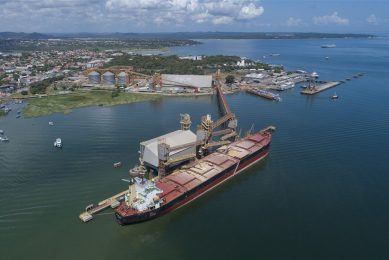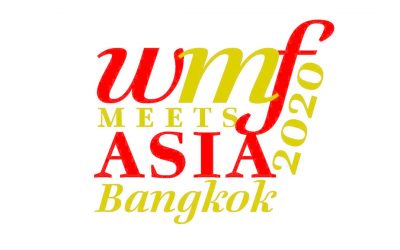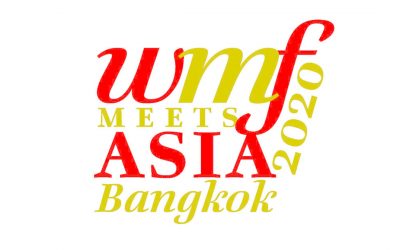Cargill to split off Mosaic unit
Cargill said on Tuesday that it planned to spin off its 64% stake in the Mosaic Company, a big producer of important ingredients in fertilizer and animal feed, leaving Mosaic open for a possible sale at a time when mining and agriculture giants are on the prowl for acquisitions.
The complicated tax-free transaction — worth more than $24 billion as estimated by The New York Times — will also help keep Cargill, one of the biggest American companies, private.
Cargill will distribute its 286 million Mosaic shares to its own shareholders and debtholders.
Fertilizers are hot
The corporate parent’s sale of its 64% stake in Mosaic Company comes as big mining companies have been seeking to expand in fertilizer.
The corporate parent’s sale of its 64% stake in Mosaic Company comes as big mining companies have been seeking to expand in fertilizer.
As standards of living improve in countries like China and India, global demand for food is rising and companies that produce fertilizer are being seen as attractive takeover targets.
“The world is not getting less hungry,” James T. Prokopanko, Mosaic’s chief executive, said on Tuesday afternoon during a conference call with analysts.
Mosaic since 2004
Mosaic was formed in 2004 from the merger of Cargill’s crop nutrition unit with IMC Global, creating a giant in fertilizer production and leaving Cargill with a 64% stake.
Mosaic was formed in 2004 from the merger of Cargill’s crop nutrition unit with IMC Global, creating a giant in fertilizer production and leaving Cargill with a 64% stake.
It is the world’s second-largest potash producer, behind Potash, and owns more than a third of Canpotex, the Canadian entity that controls that country’s exports of the material.
Based in Plymouth, Minn., it has 7,500 employees. Mosaic had a market value of about $40 billion.
Years in the making, the spinoff is meant to help both Cargill focus on core operations like grain purchasing and distribution and the making of food ingredients like dressings and sauces, as well as improve its credit rating by paying down debt.
Tax-free deal
Cargill stressed that a crucial component to the complicated spinoff is an expected sign-off by the Internal Revenue Service regarding the tax-free nature of the deal.
Cargill stressed that a crucial component to the complicated spinoff is an expected sign-off by the Internal Revenue Service regarding the tax-free nature of the deal.
But Mosaic and Cargill would entertain a takeover offer for the business if it were high enough to compensate for the loss of any tax benefits incurred in that transaction, the people briefed on the matter said.
The deal was approved by a special committee of the Mosaic board, but must still be voted on by a majority of its non-Cargill shareholders.











